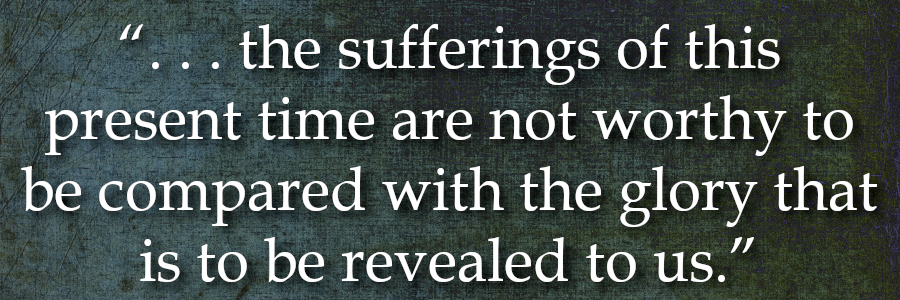Fearing God When Perfect Love Casts Out Fear
Body
“Moses alternates between the two often, with the word ‘fear’ occurring 34 times and the word ‘love’ occurring 20 times in the book of Deuteronomy. Fear God. Love God…. this will raise a question in the minds of some thoughtful Christians.” - P&D



Discussion